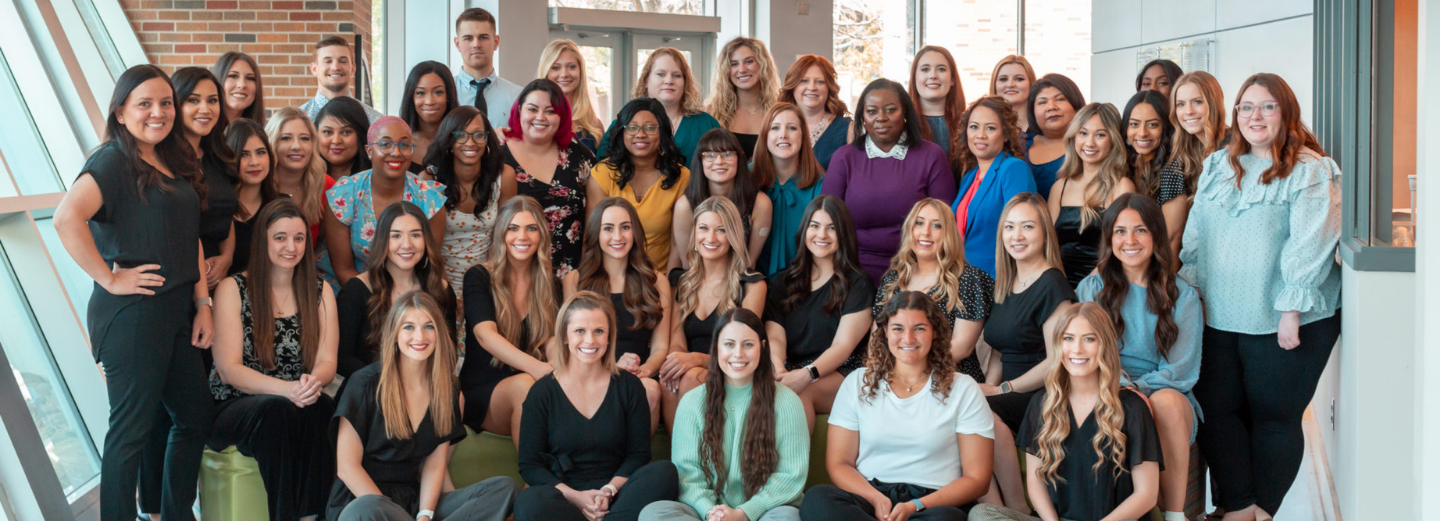School of Nursing
Caring Professionals
The goal of the SNU School of Nursing is to educate well-rounded, service-driven professionals who are able to function in the complex health care systems of today. SNU graduates embrace Nursing, not only as a profession but as a calling and a ministry.
Global Perspectives
SNU Nursing students are given opportunities to engage in intercultural experiences with the goal of developing a global mindset in Health Care. Students are encouraged to broaden awareness of other people and cultures while highlighting the relationship between health and disease that unites communities on a global level.
Highly Trained Graduates
The Bachelor of Science in Nursing (BSN) is an esteemed degree in demand at the local, regional, national, and international level. The Liberal Arts-based program at SNU prepares well-rounded graduates to work as professional nurses in today’s fast-paced, technologically advanced health care environment.
NCLEX-Ready
SNU Nursing students are prepared to take the National Council Licensure Examination (NCLEX) for Registered Nurses and enter the healthcare environment. Many graduates have offers for employment prior to graduation.
Accreditation
The Baccalaureate Degree program in Nursing at Southern Nazarene University is approved by the Oklahoma Board of Nursing.
The Bachelor of Science in Nursing program at Southern Nazarene University is accredited by the Commission on Collegiate Nursing Education, 655 K Street NW, Suite 750, Washington, DC 20001, (202) 887-6791.
The Spring 2027 application will open March 15, 2026. Please email nursing@snu.edu for more information.
Programs
Resources
Virtual Visit: School of Nursing
